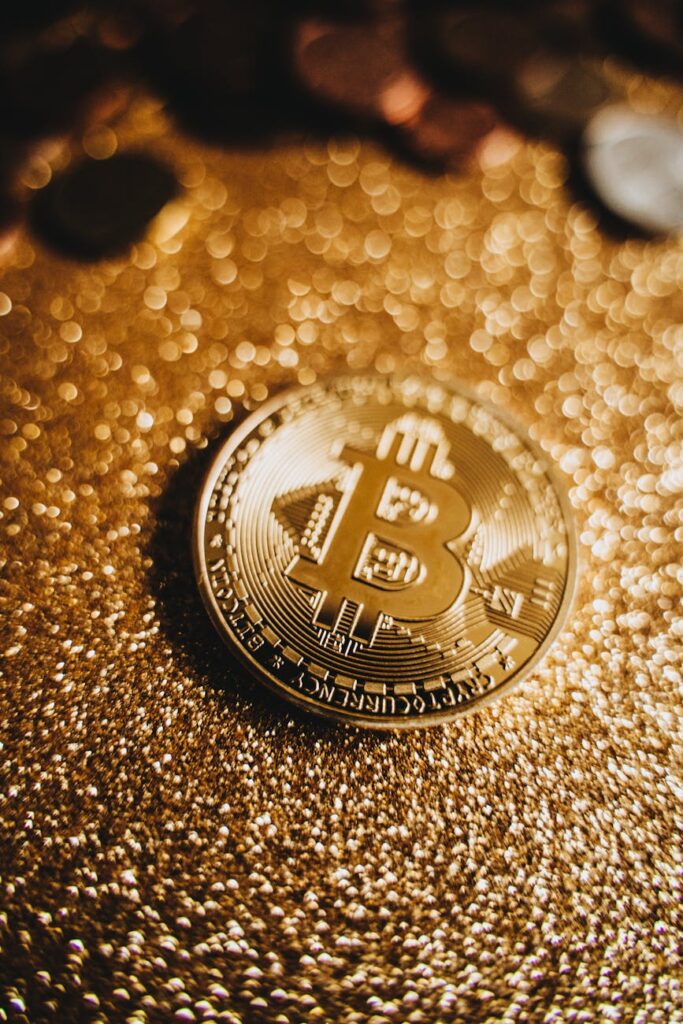The Economics of On-Chain Gaming and Virtual Economies
Imagine a world where your gaming skills translate into real-world value. A world where digital assets you earn in-game hold genuine economic weight, tradable and valuable outside the confines of the game itself. This isn’t science fiction; it’s the burgeoning reality of on-chain gaming and virtual economies. This article delves into the fascinating intersection of gaming, economics, and blockchain technology, exploring the potential of these innovative systems and the challenges they face.

What are On-Chain Games and Virtual Economies?
Traditional gaming often operates within closed ecosystems. Items earned or purchased within a game typically remain locked within that game’s platform. On-chain gaming breaks this mold by leveraging blockchain technology, specifically NFTs (Non-Fungible Tokens), to represent in-game assets. This allows players true ownership of their digital items, giving them the freedom to trade, sell, or use them across different platforms and marketplaces.
Key Features of On-Chain Games:
- True Ownership: Players own their in-game assets through NFTs.
- Decentralization: Power is distributed, not held by a single game developer.
- Transparency: All transactions are recorded on the blockchain, visible to all.
- Interoperability: Assets can potentially be used across different games and platforms.
The Rise of Play-to-Earn
One of the most exciting aspects of on-chain gaming is the ‘play-to-earn’ model. This revolutionary concept allows players to earn cryptocurrency or other valuable digital assets simply by playing the game. This has created new opportunities for players to generate income from their gaming skills and has particularly resonated in developing economies.
How Play-to-Earn Works:
- Players earn in-game tokens or NFTs through gameplay.
- These assets can be sold on marketplaces for cryptocurrency.
- Players can then exchange cryptocurrency for real-world currency.
The Economic Impact of Virtual Economies
The rise of on-chain gaming and virtual economies has a significant impact on traditional economic models. It creates new job opportunities, such as game developers, NFT artists, and marketplace managers. It also introduces new investment opportunities, with players and investors alike speculating on the value of in-game assets.
Economic Benefits:
- New Revenue Streams: For both players and developers.
- Job Creation: In various fields related to the industry.
- Investment Opportunities: In growing virtual economies.
Challenges and Considerations
While the potential is vast, on-chain gaming faces several challenges:
Key Challenges:
- Scalability: Blockchain technology needs to handle increasing transaction volumes.
- Regulation: The legal and regulatory landscape is still evolving.
- Security: Smart contracts and platforms need robust security measures.
- Accessibility: The cost of entry can be high for some players.
- Sustainability: Balancing in-game economies requires careful design to prevent inflation and maintain player engagement.
The Future of On-Chain Gaming
Despite the challenges, the future of on-chain gaming looks bright. As blockchain technology continues to evolve and mature, the potential for seamless and immersive virtual economies will only grow. We can expect to see more innovative game mechanics, greater interoperability between games, and a further blurring of the lines between the physical and digital worlds.
The intersection of gaming and finance is rapidly transforming the entertainment industry. On-chain gaming and virtual economies represent a paradigm shift, offering exciting new opportunities for players, developers, and investors alike. As the space continues to mature and overcome its challenges, we can anticipate a future where virtual worlds play an increasingly important role in our lives, both economically and socially.
Future Trends:
- Metaverse Integration: On-chain games becoming integral parts of larger metaverses.
- Enhanced Gameplay: Blockchain enabling new and complex game mechanics.
- Increased Adoption: More mainstream gamers entering the on-chain space.


